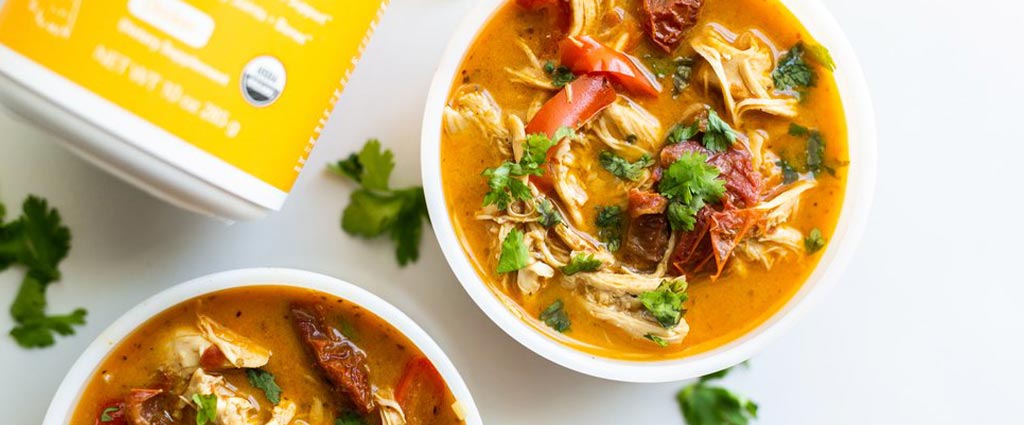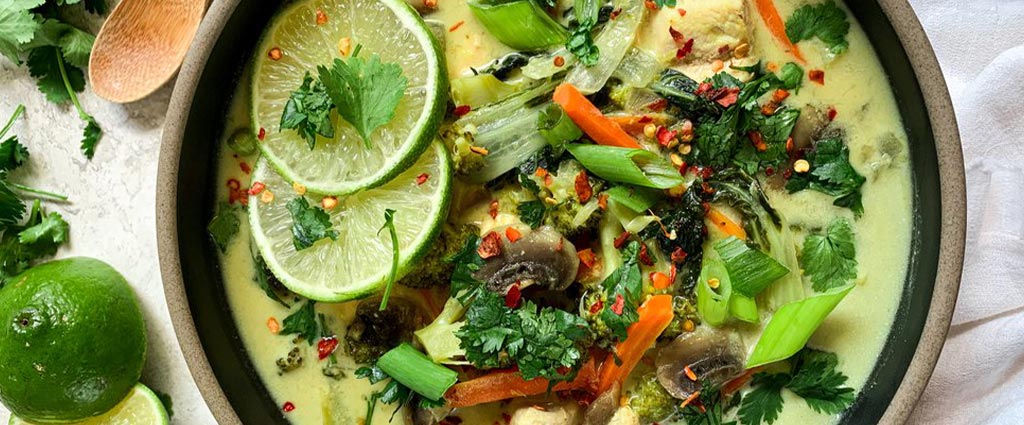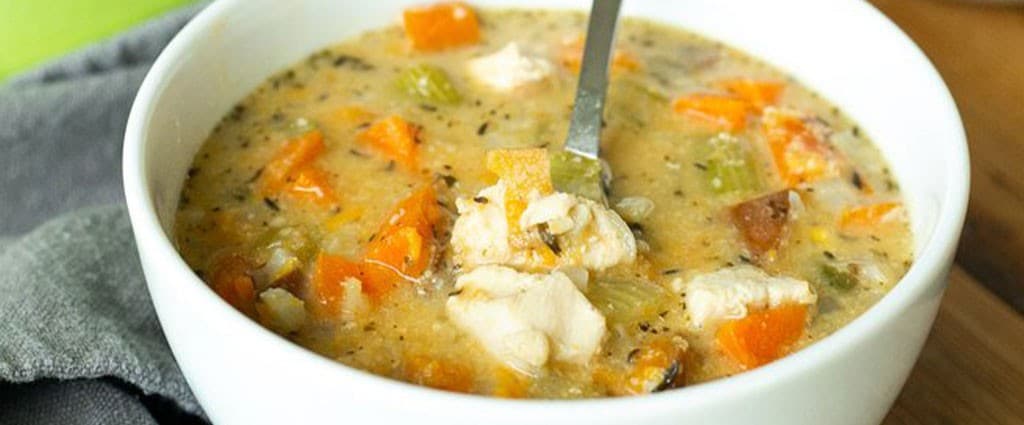Collagen in Your Body
It’s the most abundant protein in the human body, the substance that holds you together. Here is how it functions from head to toe.
BY REBECCA HEATON
Collagen is a hard, insoluble and fibrous protein that makes up one-third of the protein in the human body and is the basic building block of your entire body. There are 16 different types of this important protein in your body. But most of it is type I, II or III. Each one has a different job. Type I builds skin, bones, tendons and ligaments. Type II helps to make cartilage, the flexible tissue between bones and in your ears and nose. Type III helps create muscles and blood vessels.
Here is how it works.











Share this Post